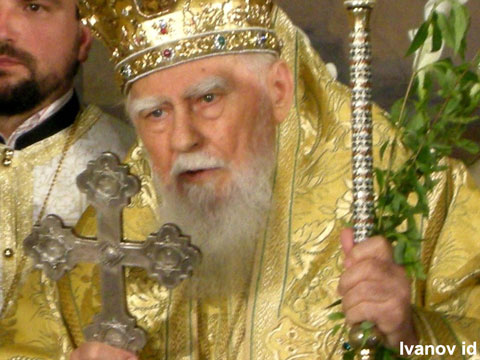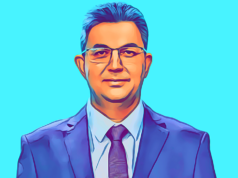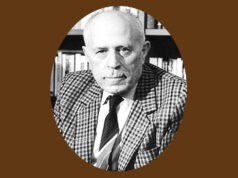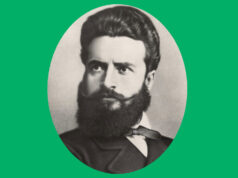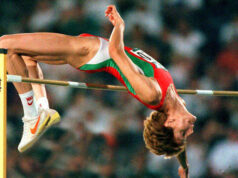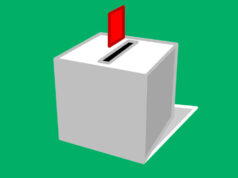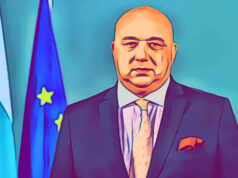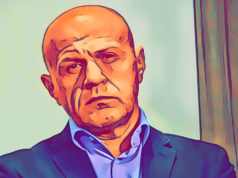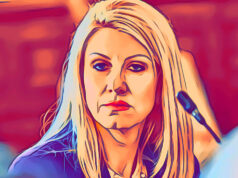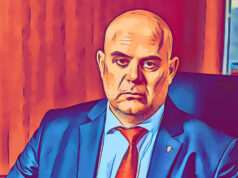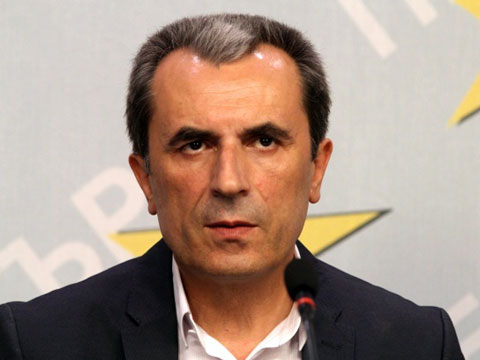Patriarch Maxim of Bulgaria (1914-2012) led the Bulgarian Orthodox Church for over 40 years, through times of great challenge and change for both his flock and the Bulgarian state.
Early Life and Training
He was born Marin Naidenov Monkov on 29 October 1914, the son of a poor, religious peasant family in the Bulgarian town Oreshak, near Troyan. After completing his basic education in his hometown, he enrolled in the St. John of Rila Orthodox Seminary in Sofia, where he gained honors as an outstanding student. He graduated from the Theology Faculty of Sofia University in 1942.
Bulgarian Orthodox Church Career
In 1941, while still a student, he took his vows under the name Maxim. After graduation he served on the bishop’s staff in Lovech, as a teacher of pastoral theology at the seminary in Sofia, and achieved the rank of Hieromonk. In 1947 he was elevated to Archimandrite and took up a post in Ruse.
In 1950 Maxim became the representative of the Bulgarian Orthodox Church to the Russian Patriarchate in Moscow. He served there six years, worked to expand cooperation between the churches and studied the writings of important Russian Orthodox theologians.
Upon his return to Bulgaria in 1956, Archimandrite Maxim was elevated to the office of Bishop and appointed Secretary General of the Holy Synod of the Bulgarian Orthodox Church. In addition to his priestly duties he became editor of two important publications, the Church Newspaper (Църковен Вестник) and the magazine Spiritual Culture (Духовен Култура).
In 1960 he was elected Metropolitan of Lovech, where he served 11 years. In 1971, following the death of Patriarch Kiril, Maxim was elevated to Patriarch of the Bulgarian Orthodox Church. As Patriarch he also gained the title Metropolitan of Sofia.
Patriarch Maxim proved to be an adept politician who, despite working hand in hand with the Communist Regime, managed to hold on to his post after the changes and overcame deep divisions inside the Bulgarian Orthodox Church.
Years of Opposition
In 1991, the democratically elected government ruled Patriarch Maxim’s 1971 election invalid, but the state proved powerless to remove him. Maxim became a target of ridicule from dissidents and ultimately the focal point of a schism in the Bulgarian Orthodox Church, when a significant minority of the priests objected to his rule. A breakaway Alternative Synod operated independently from 1996 to 2004, when the Holy Synod finally strong-armed many of the defecting Priests into a reluctant return to the fold. The schism came to a formal end in 2010, when the head of the Alternative Synod called for a healing of the church and the separatist movement was dissolved.
Personal Interests and Accomplishments
Maxim demonstrated a great interest in matters of peace, for many years participating in the activities of the Christian Peace Council. He also served on the World Peace Council, as deputy chairman of the Bulgarian National Committee for Peace, and as a member of the Committee for Security and Cooperation in Europe.
In church diplomacy, he was hailed for meeting with Pope John Paul II on the occasion of his visit to Bulgaria in 2002.
In addition to shepherding the church at home, Maxim developed the Bulgarian Orthodox Church abroad. He encouraged the churches in America, Canada and Australia, as well as opening new churches in European cities including Paris, Brussels, London, and Munich.
A strong advocate of including religious instruction in public schools, he died with this item still under discussion in Bulgaria.
Death and Burial
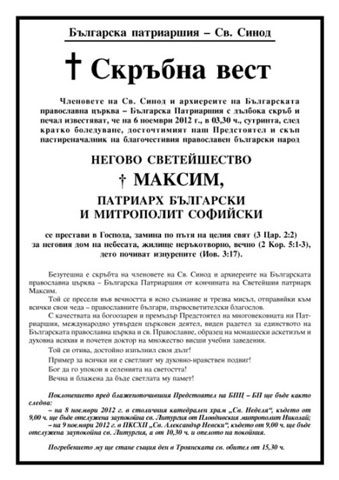 The Bulgarian Council of Ministers declared Friday, 9 November, 2012, a national Day of Mourning over the death of Patriarch Maxim. He will be buried at Troyan Monastery in the Balkan Mountains.
The Bulgarian Council of Ministers declared Friday, 9 November, 2012, a national Day of Mourning over the death of Patriarch Maxim. He will be buried at Troyan Monastery in the Balkan Mountains.


